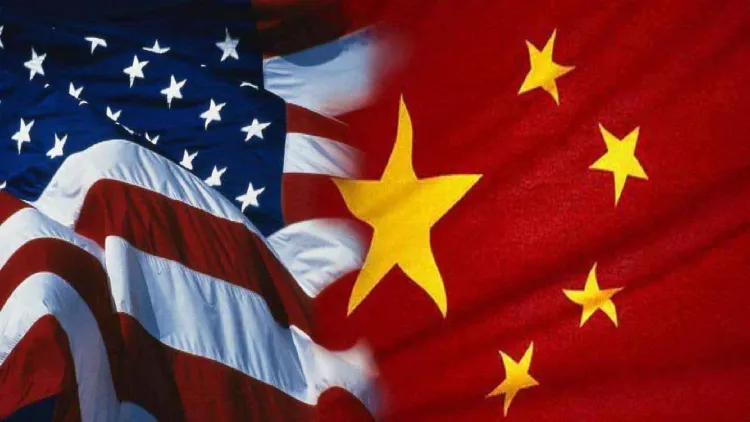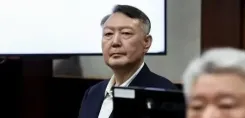Did the US and China Reach an Agreement to Roll Back Tariffs for 90 Days?

Synopsis
Key Takeaways
- 90-day tariff reduction agreement between the US and China.
- US tariffs on Chinese goods drop from 145% to 30%.
- China's tariffs on US products decrease from 125% to 10%.
- Ongoing discussions to continue economic relations.
- First high-level meeting since Trump's presidency.
Geneva, May 12 (NationPress) US Treasury Secretary Scott Bessent announced on Monday that an agreement has been finalized with China during the trade discussions held here, aimed at a bilateral reduction in tariffs starting from May 14 for a duration of 90 days.
The United States will lower tariffs on Chinese goods from 145 percent to 30 percent for this period, while China will decrease tariffs on US products from 125 percent to 10 percent for the same timeframe.
“We have secured a deal for a 90-day pause and a significant reduction in tariff levels. Both nations will see a reciprocal decrease of 115 percent in tariffs,” Bessent stated during a press briefing.
“Our discussions on the fentanyl issue were thorough and productive. We agree that neither country seeks to decouple,” he added.
A joint statement released post-meeting confirmed that following these adjustments, the two nations will create a platform to continue dialogue regarding their economic and trade partnerships.
The Chinese representative for these discussions will be He Lifeng, Vice Premier of the State Council, while the US delegation includes Scott Bessent, Secretary of the Treasury, and Jamieson Greer, United States Trade Representative.
Discussions may proceed alternately in China, the US, or a mutually agreed third nation. As necessary, both nations can hold working-level consultations on pertinent economic and trade matters, according to the statement.
US Trade Representative Greer informed reporters that “the differences are not as significant as previously perceived.” He indicated that both sides are engaging in constructive discussions about fentanyl.
“This agreement with our Chinese counterparts will contribute to reducing the $1.2 trillion US global goods trade deficit,” he remarked.
This meeting marks the first direct interaction between senior US and Chinese officials since Donald Trump assumed the presidency and instigated a global trade conflict through substantial increases in US tariffs as part of his America First strategy.









